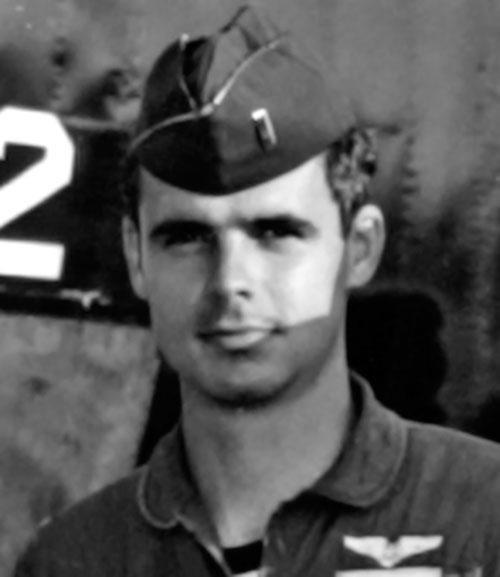
Author's Name: John H. Harden, Jr.Title: "Story"Long before the birth of written language, storytelling was the way of passing on enduring wisdom, the traditional way of teaching and learning. Every tradition spread community knowledge with stories around campfires and tribal gatherings, drawing the listener to deeper possibilities of life using words. Those spoken words introduced worlds of magic and mystery to enrich the present and to spark a fire of change in others. A story can tell personal history, and can take us beyond that with tales of sorrow and joy, grief and love, sacrifice and courage, across time and place and language and culture. With stories, memory comes alive; without memory, imagination dies. Writing stories down for unknown others, we can reflect and begin to see our own story helping us to learn who we are and might be. In that sense, a story can reveal a new understanding. Stories fascinate. Stories soothe a mind and calm a body like a walk in nature when our mind suddenly becomes quiet and we connect with the solitude of the non-human world, experiencing deep awareness and harmony. Stories are the common currency of humanity. Tell your story and start at the beginning with one true sentence, the truest one you know (advised Hemingway). And that one will birth another. And on its own, your story appears, released from memory, creating a satisfaction within beyond explanation. Your story is an act of daring, an internal bravery only you know. When your story is finished, and you will know when that is, you possess the pure freedom to decide its fate: to never be seen, to sit on a shelf until you are gone, or to risk sharing it with the world as the last daring of you. This is the dilemma of storytellers, particularly those of us who have seen war on the edge of life—deep and long and searing. Some of us have seen war in uniform; others have known the wars of everyday survival without combat death and destruction, but both experiences yield memorable stories of hope and promise that teach and are worthy of preserving forever. This story is my plea to you to join the chorus of voices who sing because they have a song, who speak writing down because they have a story to tell, both expressing the same longing to be heard. My father was a year old when his grandfather died, so all I knew of my great-grandfather was what my father told me when I was a child. I knew only that he was a Confederate and then a preacher, and that he had an ear trumpet. When I became interested in music, I learned about the jaw harp, bones and spoons and drums, but for the longest time I could not figure out how his ear could work a trumpet. It made no sense until I got curious enough to ask back. Years later, I worked in Washington and became interested in family genealogy. I was hooked when I held in my hand the signature of the Confederate’s father pulled from the stacks of the National Archives. In time, a clue from an aunt led me to discover the Confederate’s original war letters home, crumbling in a cousin’s desk drawer. These words survived as a personal legacy to me over one hundred years later. I learned who I came from. I learned he, too, wrote poetry. I learned he was wounded at the Battle of Resaca. I learned his war letters had an uncanny similarity to mine. I learned of his own war trauma. Those letters are his gift across time to me, never seen by his own son who could not read or write because of birth injury, and never seen by my own father who died before I found them. What I would give to find letters and stories of my father and his father that could have been left for me, now lost forever. Stories seem the wallpaper of our lives, the silent patterns that speak across time to those ready to notice and pay attention to the energy that made them. Patterns are not good or bad themselves, but more like mirrors that open understanding to those brave enough to look. Stories are special messages in the raw majesty of words for someone waiting, perhaps just for the writer who dared to write them down. Beyond personal reward, research now shows that writing is healthy. Writing about upsetting events in particular improves physical and mental health—a private process the writer controls without doctors and medication. You are what you leave behind. You leave behind new lives and your unique stories the world has never seen and will never see again, both changing the future. So start your story. Start at the beginning and go to the end. We in the world want your words. |